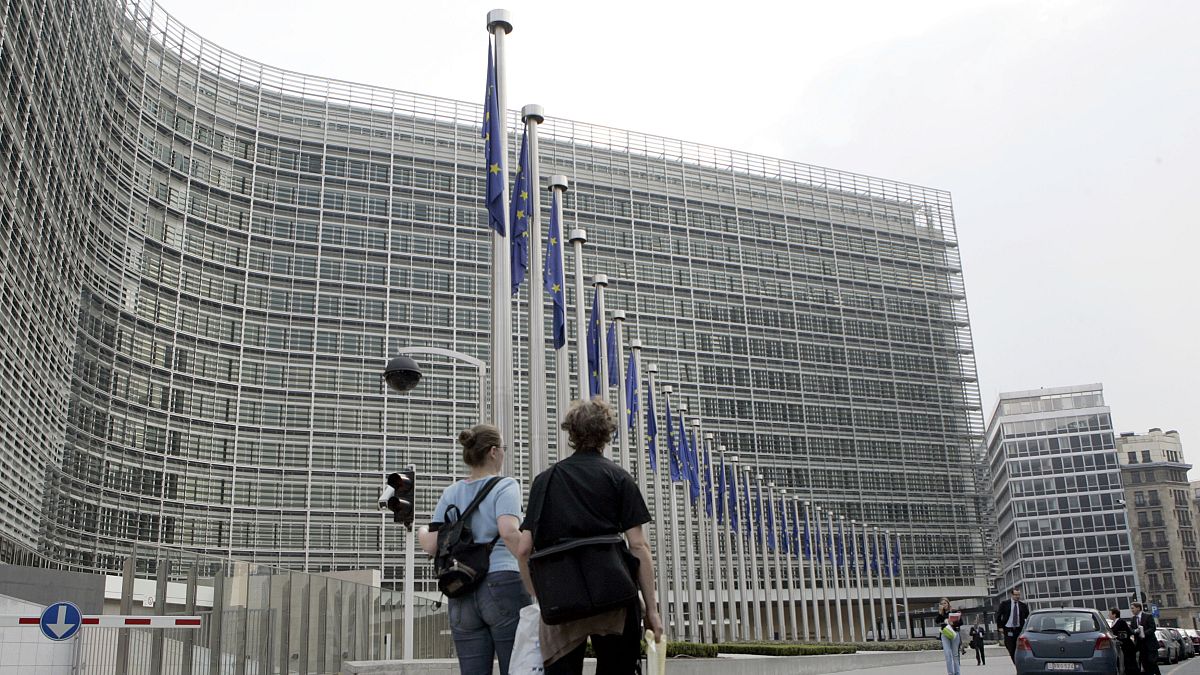China is beginning to challenge the European Union in a bid to safeguard its interests, with a particular focus on trade relations. The Chinese security equipment manufacturer, Nuctech, is taking legal action against the European Commission over recent raids on its offices in the Netherlands and Poland. The company claims that there is no evidence to support the allegations that it has received foreign subsidies that distort competition in the single market. The European Commission, in response, has noted the appeal and stated that it will defend its decisions in court, although a ruling could take several years.
The European Commission recently used new powers under the Foreign Subsidies Regulation (FSR) for the first time in April. The FSR aims to ensure a level playing field for all companies operating in the single market and is set to come into full effect in July 2023. Previously, the regulation had only been used to launch investigations, but not to conduct unannounced raids. Chinese commerce minister Wang Wentao has expressed concerns over the potential impact of trade protectionist measures on Chinese enterprises during his recent visit to Spain and Portugal. The Chinese Chamber of Commerce also warned of growing trade frictions between China and the EU, leading to widespread worry within the industry.
The tensions between China and the European Union have been escalating, with China actively challenging the EU to protect its interests. Nuctech’s legal action against the European Commission highlights the growing disputes between the two entities. The European Commission’s use of the Foreign Subsidies Regulation has further exacerbated the situation, with China expressing concerns over the potential impact on Chinese enterprises. Wang Wentao’s visits to Spain and Portugal have underscored the importance of safeguarding the legitimate rights and interests of Chinese companies in the face of increasing trade frictions.
The Chinese Chamber of Commerce has issued a statement expressing concerns over the escalating trade tensions between China and the European Union. The Chamber warned that the current trade protectionist measures could lead to growing frictions between the two entities at a dangerous level. The potential announcement of provisional tariffs on Chinese electric vehicles by the European Commission after the EU elections is expected to further increase tensions. China’s proactive stance in challenging the EU to protect its interests reflects the growing complexity of trade relations between the two economic powers.
The legal action taken by Nuctech against the European Commission marks a significant development in China’s efforts to challenge the EU’s trade policies. The company’s refusal to accept allegations of receiving foreign subsidies showcases China’s determination to protect its interests in the face of increasing scrutiny. The European Commission’s use of new powers under the Foreign Subsidies Regulation has heightened tensions between the two entities, leading to concerns within the Chinese business community. Wang Wentao’s visit to Spain and Portugal highlights China’s commitment to safeguarding the legitimate rights and interests of Chinese enterprises amidst growing trade frictions.
In conclusion, the escalating trade tensions between China and the European Union underscore the complexity of their economic relationship. China’s challenges to the EU’s trade policies, particularly through legal action by companies like Nuctech, reflect the growing frustration with perceived unfair practices. The European Commission’s deployment of the Foreign Subsidies Regulation has further intensified the disputes. As both sides navigate the evolving landscape of global trade, efforts to address and resolve these tensions will be essential to maintaining a stable and mutually beneficial economic relationship.































